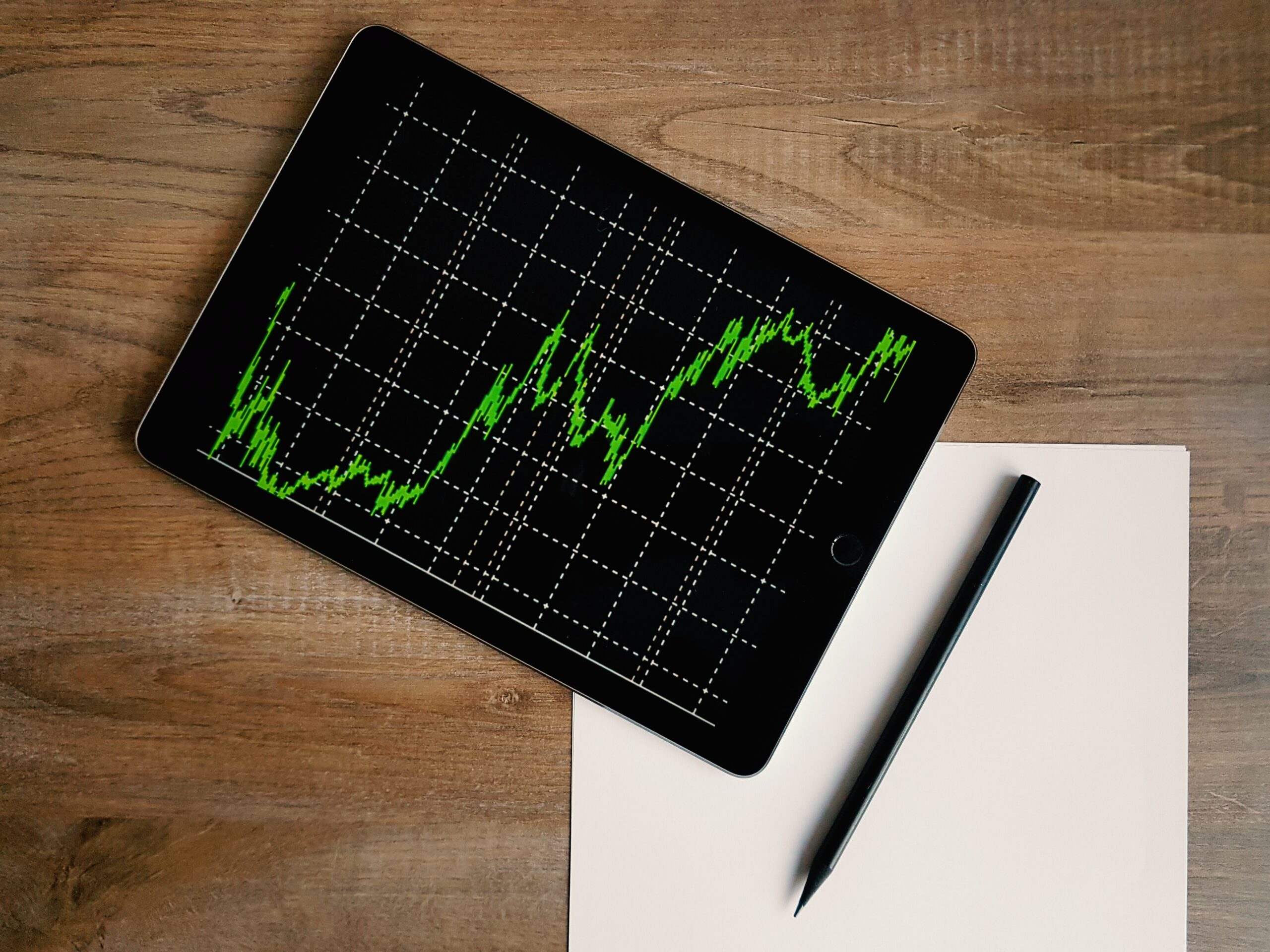Are you new to forex trading or considering entering the market? If so, it’s essential to be aware of the possibility of scams and how to spot them. Unfortunately, forex scams are prevalent, and they can be hard to identify. Scammers often use sophisticated tactics to deceive traders and take their money.
In this article, we will provide you with tips on how to spot a forex scammer. We will cover the most common types of forex scams and the warning signs you should look out for. By the end of this article, you will have the knowledge and tools you need to protect yourself from forex scams and make informed trading decisions.
Understanding Forex Scams
Forex scams come in many types and varieties, and while traders may first worry about broker forex scams, these are actually the easiest to spot. In general, if something seems too good to be true, there is a good chance there is some scam behind it.
The most common forex scams include:
-
- Signal Seller Scams: Forex signal sellers are individuals who send out trade ideas that usually include a currency pair, direction, entry price, stop loss, and target levels. These signals are often marketed with the promise of high returns, but they are usually not profitable in the long run.
-
- Forex Robot Scams: Forex robots are software programs that automatically trade the forex market for you. These robots are often marketed with the promise of making you rich quickly and easily, but they are usually not profitable in the long run.
-
- Ponzi/Pyramid Schemes: Fraudsters claim to be representing a forex exchange, investment group, or account management firm to recruit investors. In typical pyramid scheme fashion, a fee will be requested, and investors asked to recruit more people to the scheme.
-
- Traditional Scams: Traditional scams involve fraudsters cold-calling potential investors and promising them high returns on their investments. The fraudster will often ask for an initial investment and then disappear with the money.
One of the most important things to remember when it comes to forex scams is that they often involve promises of high returns with little to no risk. This is simply not possible in the forex market. While it is possible to make money trading forex, it is also possible to lose money. There is always risk involved in any investment, and anyone who promises otherwise is likely a scammer.
Another thing to keep in mind is that legitimate forex brokers are regulated by government agencies, such as the National Futures Association (NFA) in the United States and the Financial Conduct Authority (FCA) in the United Kingdom. Before investing with a forex broker, make sure to check their regulatory status and do your own due diligence.
In conclusion, forex scams can take many forms, but they all have one thing in common: they promise high returns with little to no risk. If something seems too good to be true, it probably is. Always do your own due diligence before investing in the forex market and be wary of anyone who promises guaranteed returns.
Common Warning Signs of a Forex Scam
Forex scams can be difficult to spot, but there are some common warning signs that you can look out for. Here are some red flags that should make you suspicious:
-
- Promises of guaranteed profits: Forex trading is inherently risky, and there are no guarantees of profits. If a Forex broker or trading system promises you guaranteed profits, it’s likely a scam. For example, a Forex scammer might promise you a 100% return on your investment in just a few weeks or months. Remember, if something seems too good to be true, it probably is.
-
- High-pressure sales tactics: Forex scammers often use high-pressure sales tactics to get you to invest quickly without thinking things through. They might tell you that you need to act fast to take advantage of a limited-time opportunity, or that you’ll miss out on huge profits if you don’t invest right away. For example, a scammer might call you repeatedly, urging you to invest in a particular currency pair before the price goes up.
-
- Lack of regulation or licensing: Forex brokers and trading systems should be regulated and licensed by the appropriate authorities. If a Forex broker or trading system isn’t licensed or regulated, it’s a major warning sign. For example, a Forex scammer might claim to be based in a country with lax regulations or no regulations at all, making it difficult for you to verify their legitimacy.
-
- Unsolicited phone calls or emails: If you receive an unsolicited phone call or email from a Forex broker or trading system, it’s likely a scam. Legitimate Forex brokers and trading systems don’t cold-call or spam potential customers. For example, a Forex scammer might send you an email claiming to be from a reputable Forex broker, offering you a special deal or investment opportunity.
-
- Requests for personal information or account details: Forex scammers might ask you for personal information or account details, such as your bank account or credit card information. This is a major red flag, as legitimate Forex brokers and trading systems won’t ask for this information. For example, a Forex scammer might ask you to provide your bank account information so they can deposit your profits directly into your account.
By being aware of these common warning signs, you can protect yourself from Forex scammers and avoid losing your hard-earned money
It’s important to remember that Forex scams can take many different forms, and scammers are constantly coming up with new tactics to try to trick people. That’s why it’s crucial to stay vigilant and do your research before investing in the Forex market.
If you do come across a Forex scam, it’s important to report it to the appropriate authorities. Depending on where you live, this might be a financial regulator, law enforcement agency, or consumer protection organization. Reporting scams not only help protect yourself, but it can also help prevent others from falling victim to the same scam.
How to Protect Yourself from Forex Scammers
While it can be difficult to spot a Forex scammer, there are steps you can take to protect yourself from falling victim to a scam. Here are some ways to protect yourself:
-
- Do your research before investing: Before investing your money in a Forex broker or trading system, do your due diligence. Research the company’s reputation, read reviews from other traders, and check to see if the company is licensed and regulated. For example, you can check the regulatory authority’s website to see if the broker or trading system is listed as a licensed provider.
-
- Only work with regulated brokers: As mentioned earlier, Forex brokers and trading systems should be regulated and licensed by the appropriate authorities. Working with a regulated broker or trading system can help ensure that your investments are protected. For example, a regulated Forex broker will have to adhere to certain rules and regulations, such as segregating client funds from their operating funds.
-
- Be wary of unsolicited offers or investment opportunities: If you receive an unsolicited phone call or email offering you a Forex investment opportunity, be cautious. Legitimate Forex brokers and trading systems don’t cold-call or spam potential customers. If you’re interested in investing in Forex, do your own research and seek out reputable brokers and trading systems on your own.
-
- Don’t give out personal information or account details: Forex scammers might ask you for personal information or account details, such as your bank account or credit card information. Never give out this information to someone you don’t trust. If you’re unsure whether a request for information is legitimate, contact the company directly to verify.
-
- Report any suspicious activity to the appropriate authorities: If you suspect that you’ve been targeted by a Forex scammer, report it to the appropriate authorities. Depending on where you live, this might be a financial regulator, law enforcement agency, or consumer protection organization. Reporting scams not only help protect yourself, but it can also help prevent others from falling victim to the same scam.
By taking these steps, you can help protect yourself from Forex scammers and minimize your risk of losing your money. Remember, the Forex market can be risky, but with the right precautions, you can invest with confidence.
tricks and tactics that most Forex scammers use:
-
- Offering guaranteed profits: Forex scammers often promise guaranteed profits to lure in unsuspecting investors. Remember, there are no guarantees in Forex trading.
-
- High-pressure sales tactics: Forex scammers may use high-pressure sales tactics to get you to invest quickly without thinking things through.
-
- Lack of regulation or licensing: Forex scammers often operate without proper regulation or licensing, making it difficult to verify their legitimacy.
-
- Unsolicited phone calls or emails: Forex scammers might cold-call or spam potential customers with unsolicited offers or investment opportunities.
-
- Requests for personal information or account details: Forex scammers might ask for personal information or account details, such as bank account or credit card information.
-
- Fake testimonials: Forex scammers might use fake testimonials or reviews to make their services seem more legitimate.
-
- Fake trading results: Forex scammers might manipulate their trading results to make it seem like they are making huge profits.
-
- Ponzi schemes: Forex scammers might run Ponzi schemes, where they use new investors’ money to pay off older investors.
-
- Signal scams: Forex scammers might offer “signals” or trading tips that are supposed to help you make a profit, but in reality, they are just trying to take your money.
-
- Fake websites: Forex scammers might create fake websites that look like legitimate Forex brokers or trading systems to trick people into investing.
By being aware of these tricks and tactics, you can better protect yourself from Forex scammers and avoid losing your money. Remember, if something seems too good to be true, it probably is. Always do your research and seek out reputable Forex brokers and trading systems.
fun fact
Did you know that the largest currency note ever printed was the 100 trillion dollar note from Zimbabwe? In 2009, due to hyperinflation, the Reserve Bank of Zimbabwe introduced this enormous banknote, which at its peak was barely enough to buy a loaf of bread. While it may seem astonishing, it serves as a reminder of the importance of stable currencies and the risks associated with unstable economic conditions. So, when it comes to forex trading, always be wary of promises that seem too good to be true!
Conclusion:
In a world where financial opportunities abound, it’s critical to keep an eye out for potential frauds, particularly in the currency market. You may protect yourself from falling victim to fraudulent activity by learning the many forms of forex scams and detecting the red signals. Remember to do extensive research on brokers, be suspicious of unrealistic promises, and exercise caution with your personal and financial information.
Forex trading can be a legitimate and profitable venture, but it’s essential to approach it with caution and awareness. By educating ourselves, staying vigilant, and sharing our knowledge, we can collectively combat forex scams and safeguard our hard-earned money.
So, the next time you’re enticed by an offer that seems too good to be true, remember the old saying: “If it sounds too good to be true, it probably is.” Stay informed, stay alert, and enjoy the exciting world of forex trading while keeping the scammers at bay. Together, we can create a safer and more trustworthy forex environment for everyone





